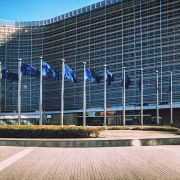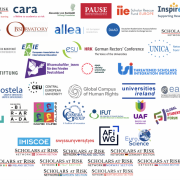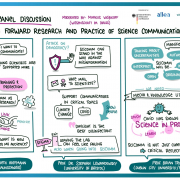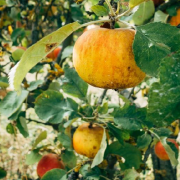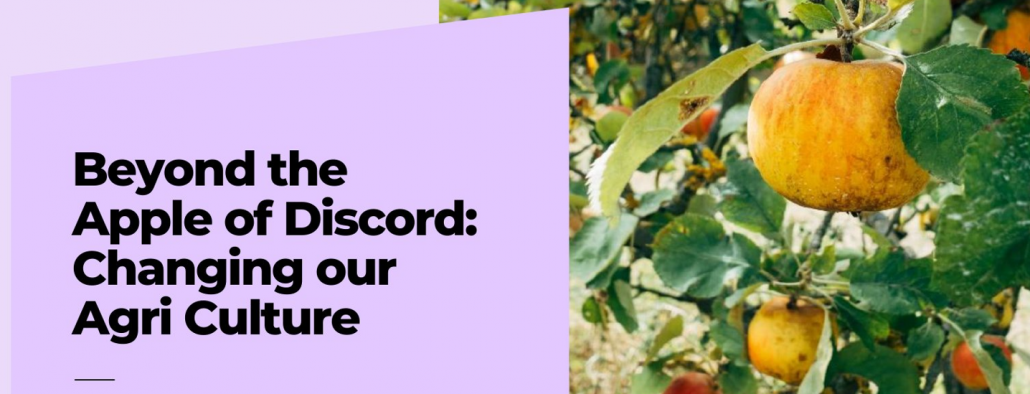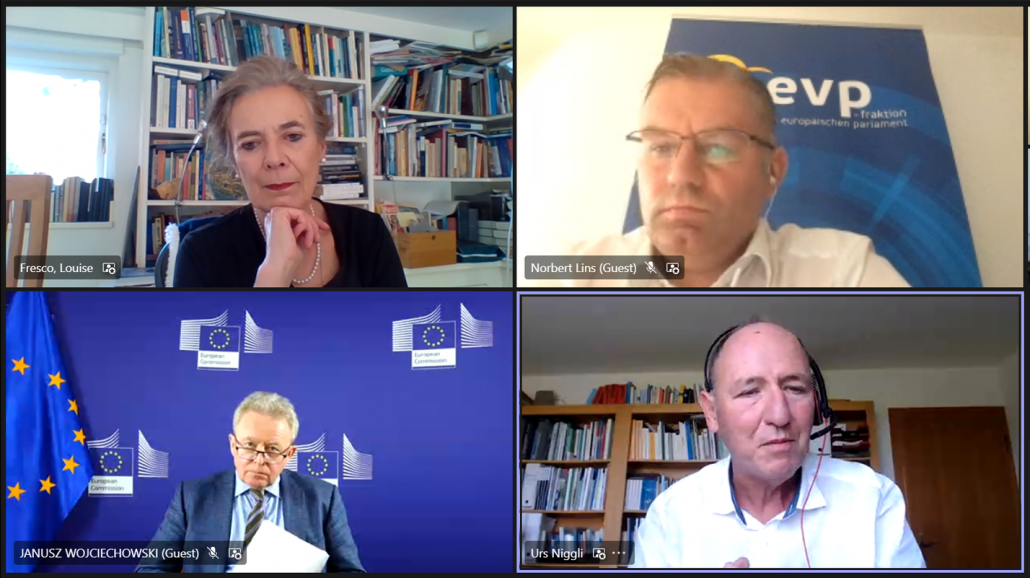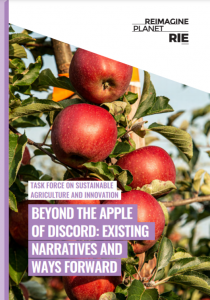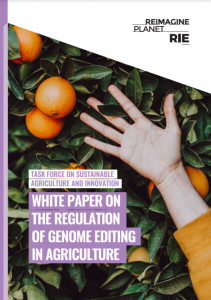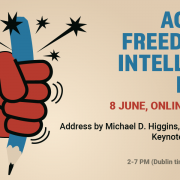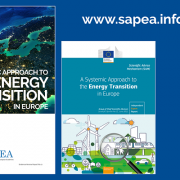ALLEA Participates in Workshop on the Future of ERA Governance
On 2 September, ALLEA participated in a workshop on the future governance of the European Research Area (ERA) organised by the Permanent Representation of Slovenia to the EU in Brussels. The event is part of the programme of the Slovenian Presidency of the Council of the European Union.
The workshop addressed the ongoing policy discussions on the future framework of the ERA, the flagship policy of the European Commission to create a “single, borderless market for research, innovation and technology across the EU”.
ALLEA was represented by its Board member Maarten Prak (Royal Netherlands Academy of Arts and Sciences, KNAW) and member of the Horizon Europe Working Group. The workshop was attended by a variety of stakeholders representing the Research and Innovation community.
The workshop addressed the options of an expanded policy framework of the ERA and the redesign of its multi-level governance, including in particular the reinforced involvement and dialogue of reasearch stakeholders with policymakers.
A New ERA
In 2020, the European Commission published a Communication to set up new priorities and to tackle new challenges for research in Europe. Its ambition is to revitalise the project and transform it to match generational changes and to draw on the lessons from the Covid-19 pandemic crisis.
The foundations for a new ERA are being laid with the Pact for Research and Innovation. On 16 July, the European Commission adopted its proposal for a Council Recommendation on “A Pact for Research and Innovation in Europe” to support the implementation of national European Research Area (ERA) policies.
ALLEA is contributing to these policy developments through its long-standing network of experts on research policy. In August 2020, ALLEA submitted a response to the European Commission’s public consultation on the future of the ERA. Our federation has supported and offered advice on the construction and shaping of the ERA since its beginnings.

